Worms are more than just a gross surprise in your pet’s poop—they’re silent invaders, and they mean business.
These parasites can creep in without warning, stealing nutrients, damaging organs, and leaving your beloved pet tired, sick, or worse.
From squirmy roundworms to sneaky tapeworms, the list of culprits is long—and each one brings its own set of problems. Think your pet’s safe because they look fine? Think again.
The good news? You’re not powerless. Knowing what to watch for (and what to do next) can make all the difference. These 12 must-know facts will arm you with the truth and help keep your furry companion worm-free and thriving. Let’s get into it.
Understanding Roundworms
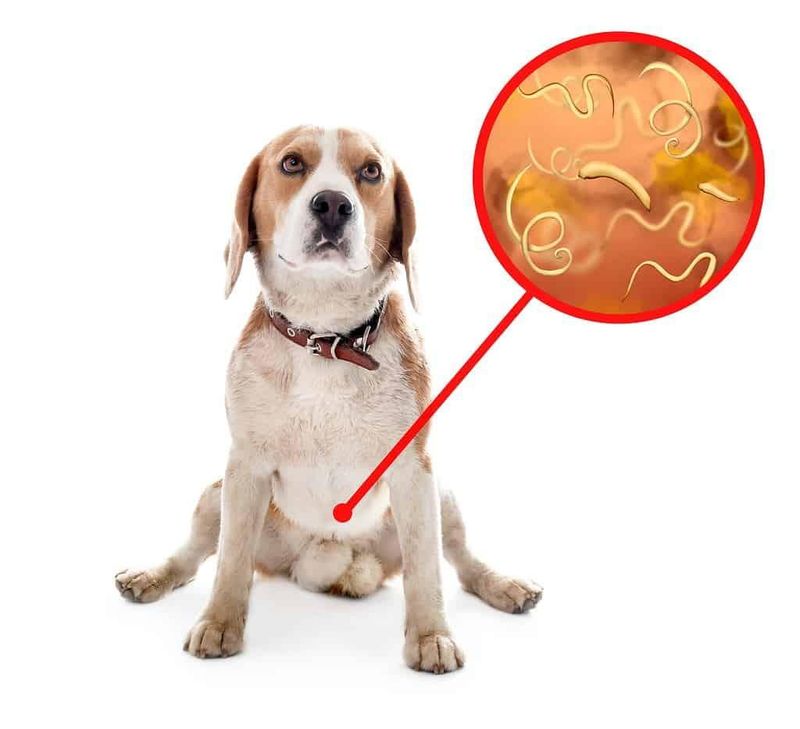
Roundworms are the most common intestinal parasites found in pets. These spaghetti-like worms can grow several inches long and are often visible in the feces. Newborn puppies and kittens are particularly susceptible, typically acquiring them from their mothers.
Owners may notice a pot-bellied appearance or diarrhea as tell-tale signs. However, routine deworming can easily manage and prevent their spread. Consult your veterinarian for the appropriate schedule.
Fun fact: Roundworms can also affect humans, making hygiene crucial for pet owners. Regular vet check-ups help keep this issue in check.
Tapeworm Transmission
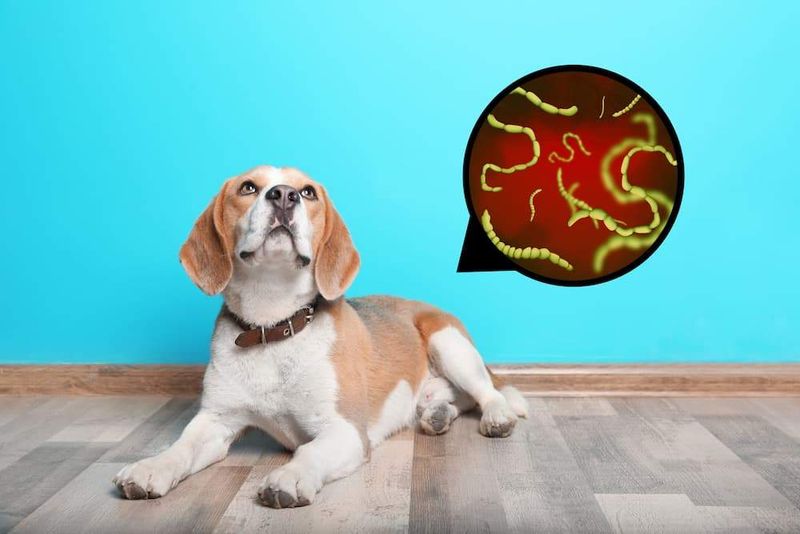
Often transmitted through fleas, tapeworms are another prevalent parasite in pets. These flat, segmented worms reside in the intestines, where they absorb nutrients. You might notice rice-like segments around your pet’s anus or in their stool.
A playful kitten or a curious dog catching a flea could unknowingly ingest a tapeworm larva. Control fleas to prevent tapeworms, and seek treatment if you notice signs.
Did you know? Tapeworms can grow up to 20 inches long, residing silently in your pet’s gut. Quick intervention ensures comfort for your furry friend.
Hookworms’ Hidden Danger

Hookworms are microscopic yet dangerous, feeding on your pet’s blood within the intestines. Pets may become lethargic or develop pale gums due to blood loss.
These parasites enter through the skin or are ingested, making puppies particularly vulnerable. Early detection and treatment are vital, as severe infestations can be fatal.
Interesting tidbit: Hookworm larvae can penetrate human skin, usually through bare feet, emphasizing the need for clean environments. Regular deworming safeguards your pets and family.
Recognizing Whipworms
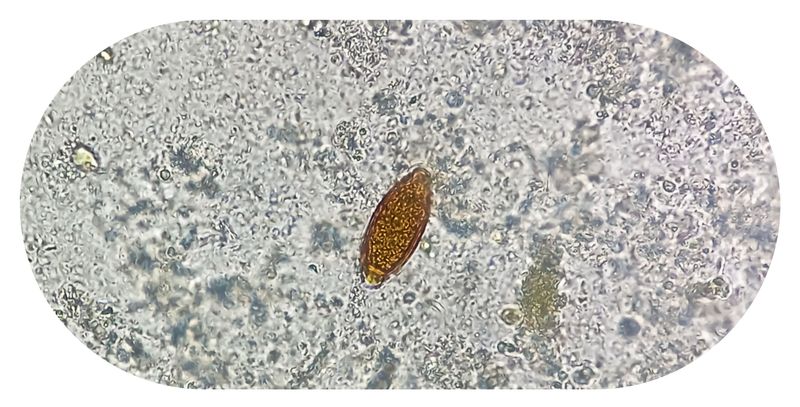
Whipworms, resembling tiny whips, reside in the large intestine of dogs, causing chronic weight loss and diarrhea. Unlike other worms, they are not visible to the naked eye, making diagnosis tricky.
A fecal test by your veterinarian is essential for detection. Monthly preventatives are available, ensuring your pet remains worm-free.
Fun fact: Whipworm eggs are resistant to many common disinfectants, persisting in the environment for years. This makes regular preventative measures crucial for pet health.
Heartworm Hazard
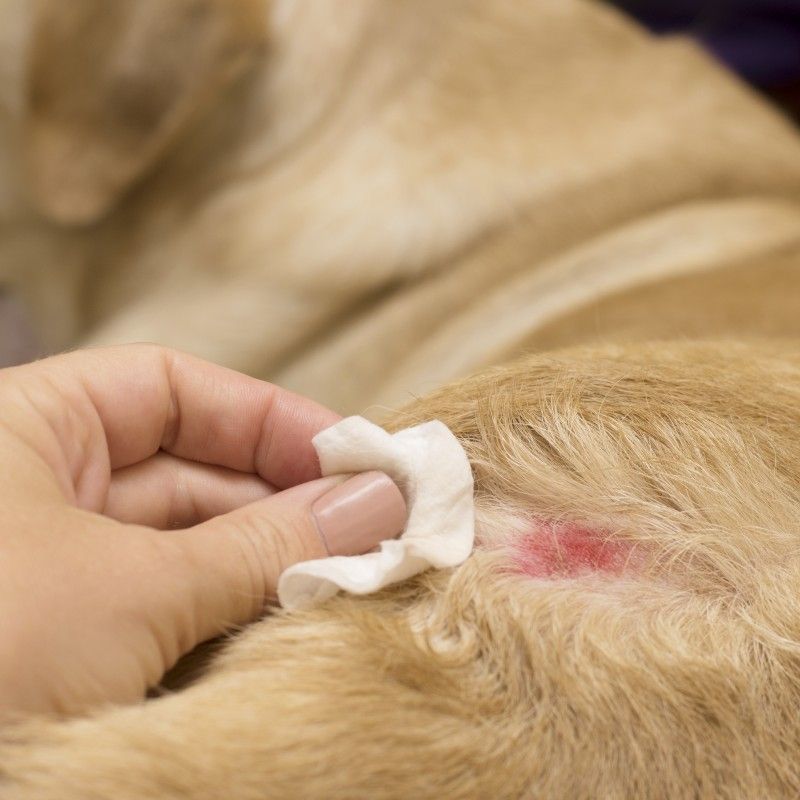
Heartworms are deadly parasites transmitted by mosquitoes, with adult worms residing in the heart and lungs. This infection is more prevalent in dogs but can affect cats as well.
Symptoms include a persistent cough, fatigue, and difficulty breathing. Heartworm prevention is available in various forms, including monthly pills and injections.
Did you know? A single mosquito bite is all it takes for a pet to contract heartworm disease. Protecting your pet from mosquitoes is essential in heartworm-prone areas.
Lungworm: A Growing Concern
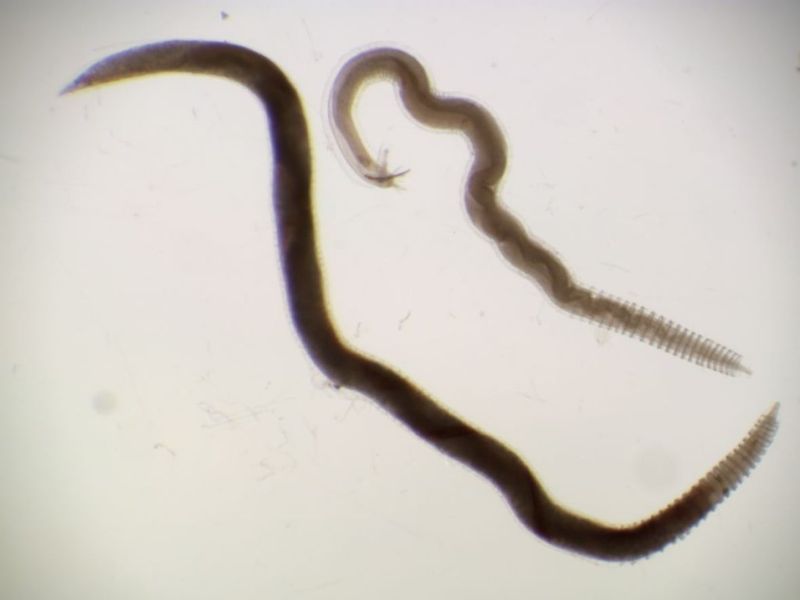
Lungworms infect the lungs and airways, leading to respiratory issues in pets. Pets may cough, wheeze, or display a reluctance to exercise, similar to asthma symptoms.
These parasites are acquired through consuming infected snails or slugs, common in outdoor pets. Treatment involves specific antiparasitic medications prescribed by a vet.
Did you know? Lungworm infections are becoming more common in urban areas due to rising snail populations. Vigilant monitoring and prompt treatment ensure pet health.
Signs of Worm Infestation
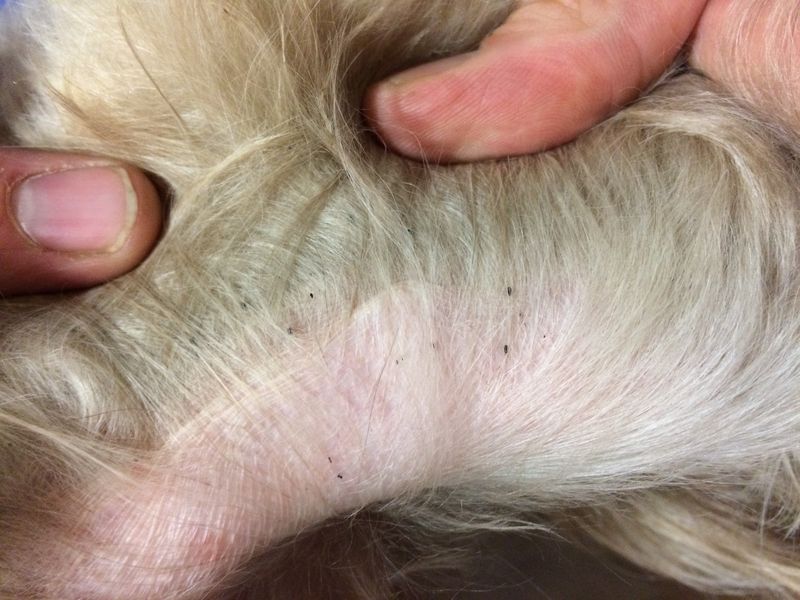
Recognizing the signs of worm infestations can save your pet from discomfort. Common symptoms include weight loss, a dull coat, vomiting, and diarrhea. Some pets may exhibit a pot-bellied appearance or scoot their rear on the ground.
Regular fecal examinations by your vet are advisable for early detection. Worms can be contracted from other animals or contaminated environments.
Interesting tidbit: Some worm infestations, like tapeworms, may cause increased appetite due to nutrient loss. Observing changes in your pet’s habits is key to early intervention.
Preventive Measures
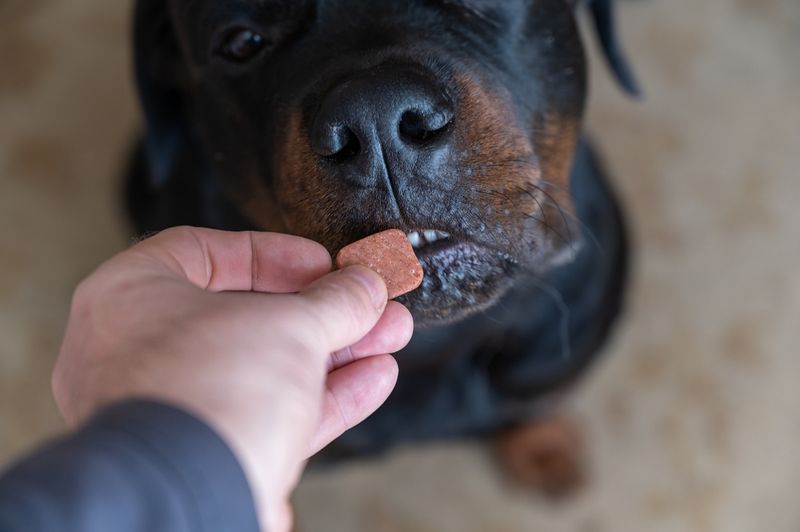
Prevention is better than cure when it comes to worms. Regular deworming, flea control, and maintaining clean living areas are crucial in preventing infestations.
Your veterinarian can recommend the best preventive measures tailored to your pet’s lifestyle and environment. Consistent hygiene practices also protect human family members.
Fun fact: Some worm preventatives also protect against other parasites like fleas and ticks, offering comprehensive care for your pet. Regular check-ups keep your pet in optimal health.
Treating Worms in Pets

If your pet is diagnosed with worms, prompt treatment is essential. Various medications target different types of worms, so correct identification is key.
Follow your vet’s instructions for dosage and duration to ensure effectiveness. In some cases, repeated treatments may be necessary to eradicate the parasites.
Did you know? Many worm medications also address other parasites, providing broader protection. Timely treatment restores your pet’s vitality and prevents recurrence.
Worms and Human Health

Worms in pets can pose risks to human health. Certain worms, such as roundworms and hookworms, can be transmitted to humans through contaminated soil or feces.
Practicing good hygiene, such as washing hands after handling pets and cleaning up after them, minimizes the risk. Regular deworming of pets is a preventive measure for both pet and human health.
Interesting tidbit: Toxocariasis, caused by roundworms, can lead to serious eye damage in humans. Awareness and preventive measures ensure safety for everyone involved.
Veterinary Check-ups Importance
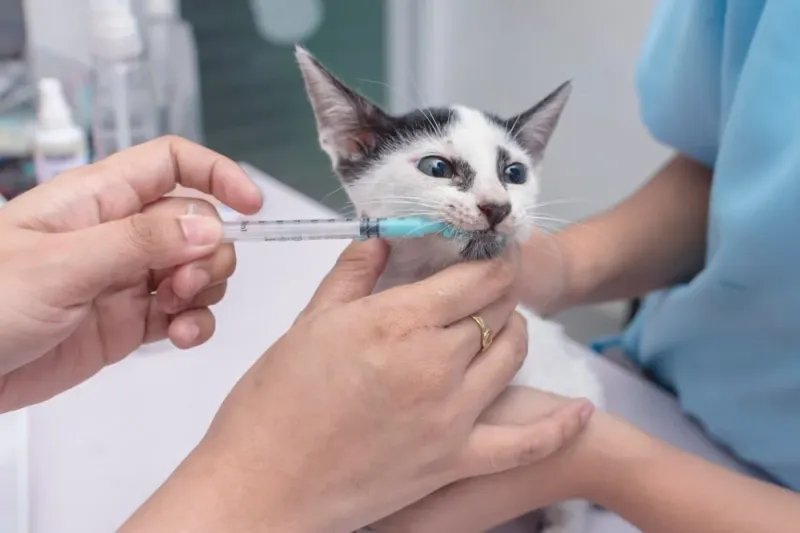
Routine veterinary visits are essential for detecting and preventing worm infestations. Your vet can conduct fecal exams and recommend appropriate treatments based on your pet’s specific needs.
Regular check-ups help monitor your pet’s overall health, addressing issues before they become serious. Vaccinations and preventative care are part of comprehensive well-being.
Fun fact: Regular vet visits can increase your pet’s lifespan by catching health issues early. Investing in routine care ensures your pet’s happiness and longevity.
Environmental Considerations

Maintaining a clean environment is crucial in preventing worms. Regularly clean pet bedding, toys, and living areas to reduce the risk of infestation.
Outdoor spaces should be kept tidy, free of feces, and monitored for potential sources of worms. Educating yourself about local parasite risks helps in taking targeted preventive actions.
Did you know? Certain worm eggs can survive for years in the soil, making environmental maintenance vital. Keeping your pet’s surroundings clean promotes their well-being and prevents worm-related issues.

